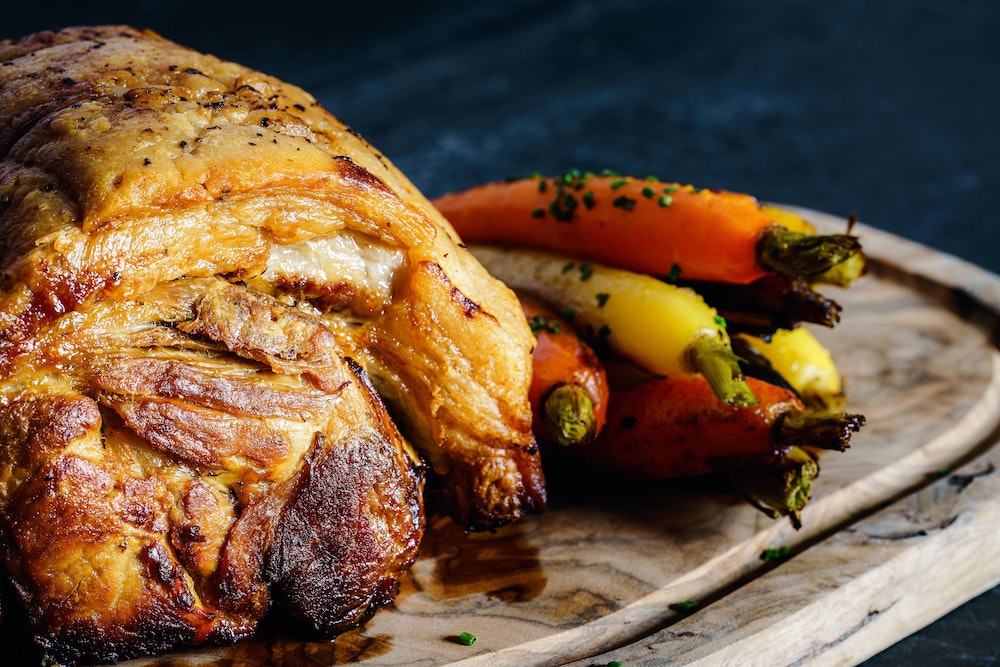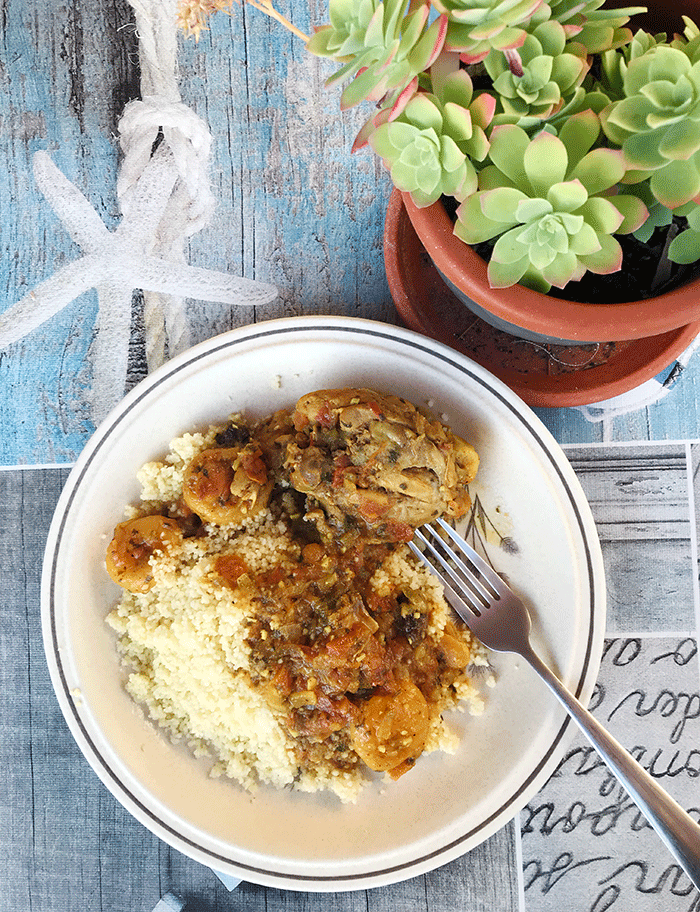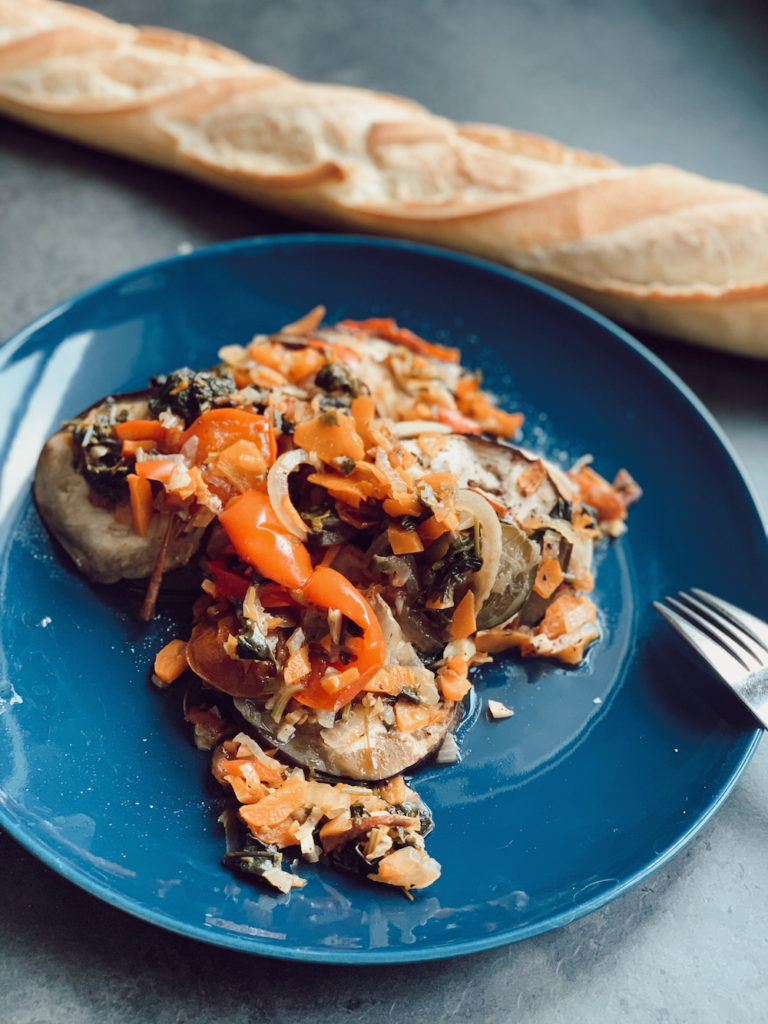Different Cooking Methods and Their Influence on Your Vegetables’ Health
Everything in life deserves attention if you want it to benefit you in some way or another. For instance, you keep your home and its different corners well-maintained because it makes you feel good about yourself, and your people often praise you for your choices. That’s why even the smallest detail that has gone awry bothers you unless you fix it. Take a leaking bathroom faucet, for example. While hygiene and noise issues can be the main concerns, you don’t want your guests to judge your lifestyle for this small unpleasant sight. Or if you like to entertain guests in your kitchen, you will like it to look fresh and updated all the time.

Since sink areas often lose their shine due to overuse, you may consider exploring sink options from Kraus and other brands for replacement. You can change the backsplash, tap, and other features too. You give your best to earn your guests’ positive comments. While it’s a good thing to maintain your home, you also need to care for your health. If you eat home-cooked food, you can feel it gives your system all the necessary nutrients required for its proper functioning and wellness. But are you sure the goodness of the cooked veggies remains intact and doesn’t reduce or vanish? Suddenly, you may have started thinking about this aspect. Isn’t it?
Vegetables are a rich and healthy source of minerals, vitamins, and other essentials. One specific variety can be more nutritious than another based on its species, growing technique, and cooking style. While the first two things are not in your control, cooking methods and how you consume your veggies can make a difference. For instance, the chemical composition of raw and lightly or heavily cooked vegetables can differ. It can affect their absorption rate. If you cook something too much, nutrients such as water-soluble vitamins can drain into the cooking water. Or some can lose a considerable amount of their vitamin content. A few credible studies show that boiled, steamed, stir-fried, or roasted red peppers retain their antioxidant properties if cooked for a short duration. Short duration means a maximum of up to 15 minutes.
That’s why it’s necessary to learn how to cook your veggies to keep their nutritional content intact without diluting them much. So, let’s get some insights.
Raw Vs. cooked vegetables
Why not eat them raw if cooking destroys their nutrients? Studies show that some vegetables become more bioavailable when cooked, and others contain fat-soluble vitamin levels better than water-based options. Vitamins C and a few B types are water-soluble, while vitamins K, E, A, and D are fat-soluble. Also, heat can reduce the volume of the vegetable and its nutrients, such as spinach. But it matches the number of nutrients required for your body when you add more cooked spinach to your plate.
At the same time, cooking can reduce antinutrients that may affect the assimilation of essential vitamins and minerals in your body. For instance, blanching or briefly boiling vegetables in the water and removing them can clean them off the phytic and tannic acids. Also, eating cooked veggies is good for digestion. The high fiber content of the raw items can be challenging for your digestive tract to break down. Nevertheless, both these have their pros and cons. So, it’s a good practice to have both.

Boiling
Boiling can seem like a bad technique, but this process helps destroy the antinutrients. Someone with thyroid disorders can eat boiled food to minimize the number of goitrogens in cruciferous vegetables. Plus, it can reduce antinutrients like oxalates that cause kidney stones. One of the studies revealed that some vegetables become affluent in nutrients after boiling. Carrots are an excellent example of this.
Roasting/baking
Most people bake or roast a lot. And if you belong to that category of cooks, you may worry about your choice. The excellent news is that roasted vegetables can hold up well because they don’t require additional water. Plus, roasting is safe for their vitamin contents, like B. But some vitamins can get lost in the process.

Steaming
This gentle cooking method is popular with low-fat-loving people. It doesn’t cause water loss, due to which vegetables retain their nutrients. Even the easily soluble vitamin C may hold well in the steaming process. Some studies show that broccoli’s antioxidant properties increased during the boiling method. Many agencies also recommend steaming as the best option. But as said, every technique has a flipside. Steamed food may not be bioavailable as they don’t use fat. You can make up for this by adding coconut or olive oil. Even complementing them with fatty meat can be a good idea.
Fermenting
Although it doesn’t involve heat, some experts talk about this cooking procedure because of its ability to change your vegetables’ health profile. Fermented vegetables can be probiotic-rich. Consider something like sauerkraut or kimchi. Eating them can be good for your gut and digestive system. On the other side, you should be wary of the histamine levels that tend to be high in fermented dishes. You can get allergic reactions if you are sensitive to histamines. Also, someone with bacterial overgrowth may not benefit from its probiotic element.
Microwaving
You may hear conflicting views about this process. Some believe a short cooking process allows food to retain most nutrients, while others think it is unhealthy and destroys all the goodness of your food. However, one of the Harvard researchers shows that microwaving can help foods preserve their vitamin C content, which usually gets lost in other processes. The credit goes to the short cooking time required in this method. Similarly, steaming veggies in the microwave can be good because it allows items like broccoli to save their glucosinolate compounds packed with cancer-fighting traits. Fried or boiled broccoli cannot match this.
Any cooking method that involves shorter exposure to heat can be more beneficial for your vegetables and your health. If you cook them the right way, your body can get a proper supply of nutrition.






